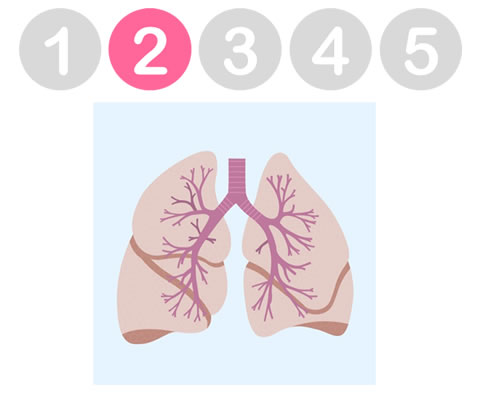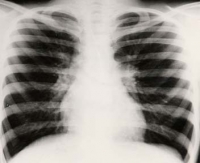Overview of Routine Asthma Monitoring



Description
This session will explore the aims and benefits of routine asthma monitoring and identify the key components of a structured asthma review. Later, it will focus on how to assess asthma control and the most common reasons for poor asthma control.
Learning Objectives
By the end of this session you will be able to:
- Describe the aims and benefits of routine asthma monitoring
- List the key components of a structured asthma review
- Describe how to assess asthma control
- Identify the most common reasons for poor asthma control
This is the second of five related sessions on the impact, diagnosis and management of asthma in adults.
In the first session, we identified the key characteristics of asthma and explored some of the issues surrounding the diagnosis of asthma.
In this session, we will explain why it is important for patients to receive a structured asthma review and discuss why some patients have poor asthma control.
Before starting this session, you may wish to complete:
- Introduction to Asthma and its Diagnosis (714-1001)
Viv has 25 years’ experience of clinical practice in the NHS in both primary and secondary care and joined Education for Health in 2013 as the Clinical Lead for Asthma and Allergy.
She believes that excellence in education for healthcare professionals is the key to improving health outcomes for people with asthma and allergy. Identifying people with poor disease control and helping them to improve their disease management through shared decision making and action planning is essential if we are to improve quality of life for people with asthma and allergy and prevent avoidable deaths.
In addition to her educational role, Viv also works part time in primary care reviewing and managing patients with respiratory disease.
She has a number of additional professional interests including a role on the editorial board for a nursing journal, writing for publication and is a member of the Asthma UK Council for Health Professionals.
Viv is also on the committee for the National Paediatric Respiratory and Allergy Nurses Group, where she leads on primary care issues, and was a panellist on the National Review of Asthma Deaths.

- Cancer Nursing Careers | Understanding impact of c...
- Posted By eIntegrity Healthcare e-Learning
- Posted Date: 2025-01-07
- Location:Online
- This session examines the potential psychosocial consequences of a cancer diagnosis and its treatment for people affected by cancer (PABC).
- Cancer Nursing Careers | The Context of Cancer Nur...
- Posted By eIntegrity Healthcare e-Learning
- Posted Date: 2025-01-07
- Location:Online
- This session provides an introduction to cancer in the UK
- Cancer Nursing Careers | The Basic Science and Tre...
- Posted By eIntegrity Healthcare e-Learning
- Posted Date: 2025-01-07
- Location:Online
- This session provides a reminder of the basic science undrepinning cancer treatment.
- Cancer Nursing Careers | Nursing assessment interv...
- Posted By eIntegrity Healthcare e-Learning
- Posted Date: 2025-01-07
- Location:Online
- This session explores the effect of systemic anti-cancer therapy (SACT) on people with cancer, and discusses how nurses are able to support them.
- Cancer Nursing Careers | Information and communcat...
- Posted By eIntegrity Healthcare e-Learning
- Posted Date: 2025-01-07
- Location:Online
- This session explores the area of communication and provides useful tools to ensure you are getting the right information to the right person at the right time.








